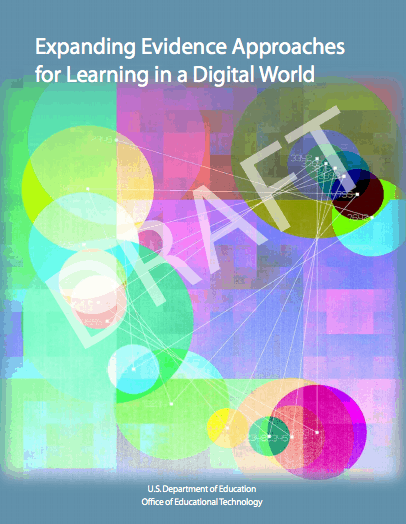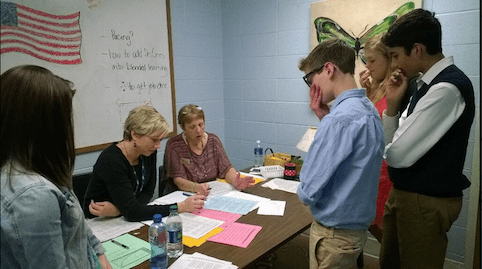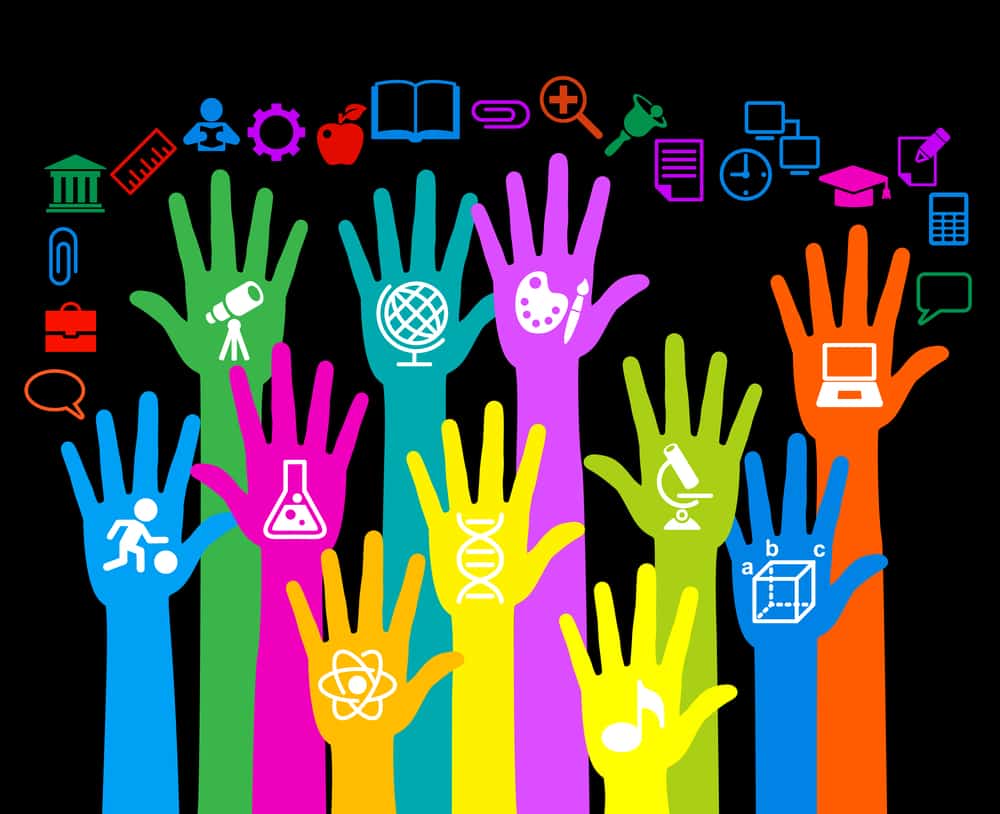Archive: 2012
The Virtues of Daydreaming & 30 Other Surprising (& Controversial) Research Findings About How Students Learn
Have you checked your assumptions about student learning at the door? People in general, hold onto beliefs that are shaped by early experiences, the media, and faulty influences. The following list is a compilation of research that may surprise you. Video games, e-books, playtime, and music are all a part of an educator’s repertoire. Read on, and be prepared to put your traditional beliefs aside as science points to innovative methods that indicate future success.
3 Ways to Make Video Even More Interactive
Throughout my teaching career I have gravitated toward using technology to further my instruction for students outside the classroom walls. This began with developing my classroom website and progressed toward video resources for excerpts of lessons I found myself repeating often for students in the learning process.
Data, Evidence and Digital Learning
Have you noticed lately that MOOCs are all over the news? It’s hard to imagine that just a year ago, most people had never heard of Massive Open Online Courses—courses that hundreds of thousands of people all over the world take online, free of charge and that are rapidly growing in number.
Good Schools Start With Good Goals
Good schools start with good goals. I really like the goal statements from Danville Schools, a small district south of Lexington.
5 Mobile Apps to Ignite the Genius Within
Mobile apps can do much more than eat up your time with addictive gaming. Many apps have been designed for constructive purposes such as training your cognitive abilities such as working memory, language skills and problem solving. These five apps are some of the best and most popular brain exercising apps available today.
Part 2: Independent Learners Require First Independent Teaching
Yesterday I tackled the debate of student performance as a measure of teacher effectiveness. Here’s why performance-based pay for teachers as an approach to teacher effectiveness runs counter to every meaningful definition of personalized education.
Sir John Daniel: Openness Rather Than Scale is MOOC Contribution
"I'm delighted that openness has gotten to some very closed institutions," said Sir John Daniel. As the former CEO of Commonwealth of Learning and Vice-Chancellor of Open University, he knows a lot about higher education, open education resources (OER), and online learning.
Seattle School Breaks Down Language Barrier to Improve Math Proficiency
Personalizing and engaging students in math is an ongoing challenge in schools across the country. In Washington State, where countless organizations are working diligently to improve access to quality math learning for students’ futures, some schools are implementing a blended learning math program that draws upon game-based learning to increase math proficiency.
Part 1: To Personalize Learning, First Personalize Teaching
The irony is hardly lost on anyone when at education-related professional conferences educators sit in the audience as experts lecture them about how to teach as a guide-on-the-side rather than a sage-on-the stage. A “do-as-I-say-not-as-I-do” moment that often has even the lecturer chuckling.
Infographic: Who Is the Online Student?
Who is the online student? According to OnlineDegrees.org, the online student falls into two categories: for-profit and non-profit institutions. These students are typically over the age of 35 earning less than $15k to $40k a year.










